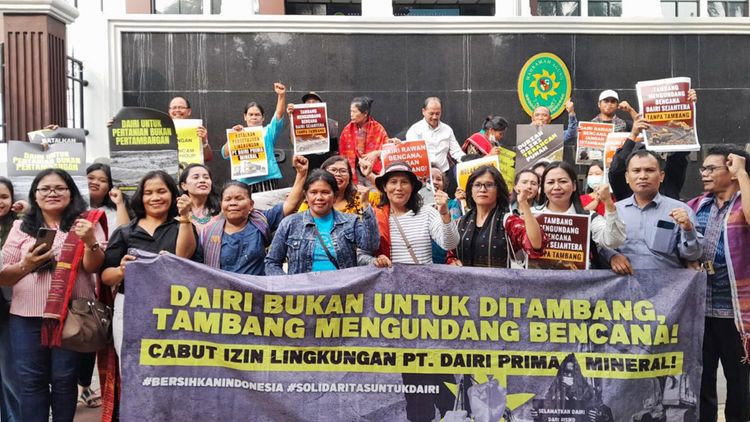Asia Undercovered #4: Female political leaders in Asia
An expected sickness and travels have made this issue a few days late. Asia Undercovered be back on it’s normal weekly schedule next week.
I also want to welcome all the new members, with a special thanks to Jon Russell and Splice Newsroom for highlighting my newsletter to their audiences.
If someone forwarded this to you, please sign up here – it’s free!
Mostly Unknown: Asia’s Female Political Leaders
Earlier this month, Vietnam joined Taiwan, Singapore, Bangladesh and Nepal as Asian countries with female heads of state or government, when Đặng Thị Ngọc Thịnh was appointed acting President after the death of Trần Đại Quang. While this is not always meaningful – in Singapore, the Presidency is a mostly honorific role akin to European royalty – it sometimes is.
In fact, many countries in Asia have had female heads of state or government. The first democratically elected female President in the world was not European, but Sri Lanka’s Sirimavo Bandaranaike who was elected back in 1966. Several countries have followed, including including every country in South Asia except Bhutan, the world’s largest Muslim country, Indonesia, Thailand, The Philippines, Mongolia and South Korea (though she is in jail now).
Who’s next? Well, Malaysia’s deputy Prime Minister Wan Azizah Wan Ismail is female and some would prefer her to take over when caretaker Mahathir Mohamed steps down, rather than her husband. Bangladesh will have an election late this year where Sheikh Hasina will face the opposition leader Khaleda Zia, in an all-female, highly contentious election.
Some countries, though, are severely lagging. China’s all-male Politburo and crackdown on feminist activism among many worrying signs from Asia’s biggest country. And Japan remains firmly patriarchal, with less than 10 percent of the Diet’s members being female, despite the popularity of Tokyo’s first female governor, Yuriko Koike.
Ignored this week
There’s still not enough attention being paid to the growing human rights crisis in China. It should be on the front pages of every paper, everyday. For this week, read Louisa Lim’s great piece in Inside Story illuminates how China’s massive crimes against the Uyghur impact families all the way in Australia.
On this front, there was good news from Malaysia, as the country let 11 Uyghurs in detention go free despite massive protests from China. The country might be retaliating by limiting tourism to Malaysia, a diplomatic tool I wrote about for Foreign Policy last month.
In South Korea, former President Lee Myung-bay, a pro-business conservative, was convicted and sentenced to 15 years in prison for corruption. Some democracies, it turns out, can hold political leaders accountable for committing crimes while in office.
There is growing unrest in Indonesian Papua, also know as West Papua, as protests increase alongside what seems to be a growing crackdown on dissent. The conflict make it all the way to the United Nations, when Indonesia reacted harshly to the President of Vanuatu calling out the country’s human rights record.
Gay marriage will be on the ballot next month in Taiwan. The date: Nov 24th. It was driven by right-wing conservatives in the country, but polls show the legalization – for now – has majority support.
Another pro-democracy legislator in Hong Kong has been charged with a crime. That makes 13 in total, one of what’s become a long series of setbacks since the 2014 Umbrella Movement. Writer Kong Tsung-gan has been keeping track of each moment here.
Good news: NPR China series
I’m really glad to see that NPR is going to be doing an ongoing series on China’s called China Unbound, and so far is focusing on stories that show the country’s influence outside the narrow lens of the US-China trade war or Trump. This is great, and will go a long way towards increasing understanding of Asia in the US.
On a lighter note
As a frequent traveler, I really enjoyed this visualization of flight paths from the South China Morning Post. I had no idea Taiwanese airlines still could not fly over China, or that Russia only allows one airline-per-country to fly through it’s airspace. Fascinating.
Until next week
Nithin Coca
PS. Help me get the word out! If you enjoy Asia Undercovered, Take a moment to put a recommendation on LinkedIn or on Twitter, or forward this email to your peers.
Asia Undercovered: Journalist Nithin Coca's weekly roundup of the news, events, trends and people changing Asia, but not getting enough attention in the US media.





Member discussion